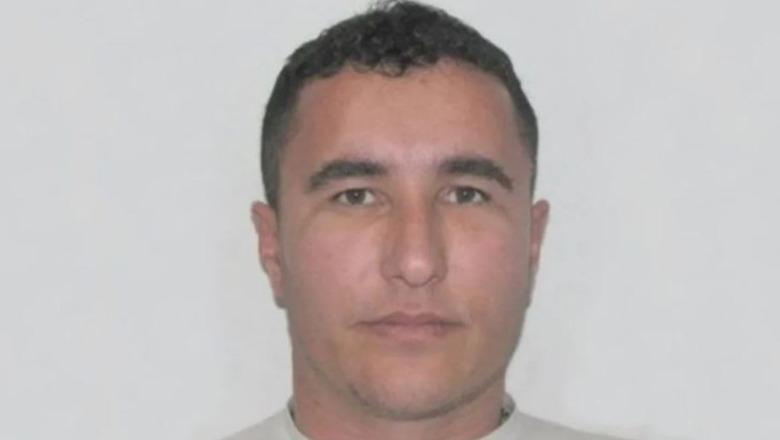Notorious criminal sparks controversy with corruption allegations in “Golden Bullet” case

Nuredin Dumani, the notorious assassin turned justice collaborator in the “Golden Bullet” case, for which 32 arrest warrants were issued in May 2022, has testified before the Special Court Against Corruption and Organized Crime (GJKKO). The accused, responsible for dozens of murders during the ten-year period from 2011 to 2022, stated that he was released from prison in 2014, where he had been charged with kidnapping, after buying his freedom for €40,000. Dumani claimed he paid the amount to a relative of then-Justice Minister Nasip Naço, who, in exchange, secured a medical report falsely stating that Dumani had only three months to live due to a terminal illness.
Why is this important: Over the past year, Nuredin Dumani’s testimony has slowly trickled into the media, and his revelations read like the script of a gripping thriller. Dumani has exposed Albania’s underworld like no one before him, exposing a chilling tapestry of crime that includes murders, heists, kidnappings, assassinations, burglaries, beatings, and acts of revenge.
Yet, beyond the violent tales, Dumani’s testimony has also cast a spotlight on the systemic corruption that enabled him to operate with impunity for so long. Dumani has exposed corruption within the justice system, where cracks and complicity allowed his criminal enterprise to thrive and revealed the involvement of a wide range of actors—from businessmen to lawyers— in murky and criminal dealings.
Currently, it is this element of institutional corruption that is drawing the most attention. Allegations that a criminal of Dumani’s notoriety was released from prison, allegedly due to the intervention of a corrupt doctor, have sparked a debate and serve as a reminder of how corruption creates the right conditions for criminal networks like Dumani’s to thrive.
Context: After being released, Nuredin Dumani went on to commit dozens of contract killings, which he later confessed to SPAK prosecutors, earning him the status of a justice collaborator. Dumani admitted to killing and mistreating people for payment, including women. Among his victims was the wife of his lawyer, whom Dumani claimed was mistreated at the lawyer’s request in exchange for €120,000. Another victim was the mother of a murdered man, killed because of her persistence in seeking justice for her son’s death.
Dumani did not directly implicate the Minister in his release. However, his testimony has unsurprisingly sparked serious controversy in Albania. At the time of the alleged incident, Nasip Naço was a member of the Socialist Movement for Integration (SMI)—now the Freedom Party—led by former President Ilir Meta, a party notorious for corruption and nepotism. SMI was then in coalition with the Socialist Party, of which Naço is now a member, serving as an MP and a member of the Parliamentary Security Commission.
Naço responded to the allegations on social media, calling the claims lies intended to damage his integrity. He also called on the judiciary to investigate the matter thoroughly.
What else: Dumani, as a justice collaborator, has confessed to at least 12 murders and numerous other crimes over a decade, as well as detailing the orders he received for executions, with payments reaching up to €200,000.
The trial for the “Golden Bullet” case continues at GJKKO. The investigation, launched in April 2022, resulted in 32 arrest warrants, 18 of which were carried out by police, while 14 individuals remain at large. SPAK’s six-month investigation, with key testimony from two justice collaborators, consolidated 18 criminal cases into one, targeting members of eight criminal groups in Elbasan, Durrës, and Tirana.


